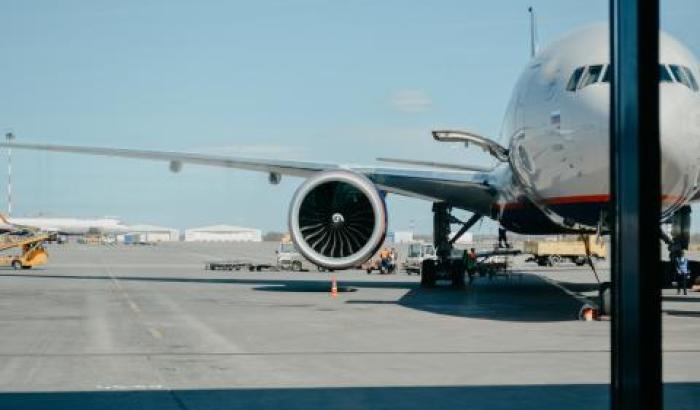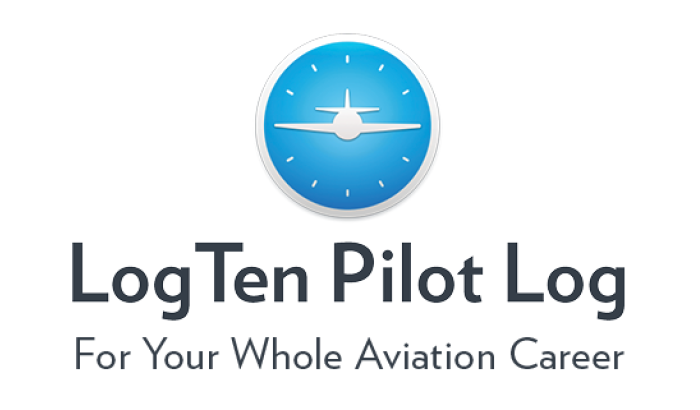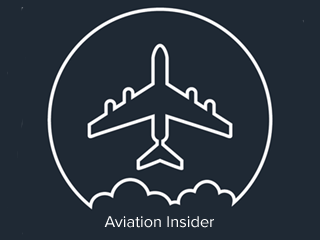
So you are interested in becoming an airline pilot and want to find out more about the job? Take a read of our quick glance article to find out more about the exciting, rewarding but challenging career…
Job Description
No two days are ever the same as a pilot, it may be a different crew, different destination, different time of day and of course different weather conditions. This means that airline pilots need to be very adaptable to manage all the changing variables. In fact, management is one of the largest parts of any pilots job. While it is true you need to have the hands on ability to fly the aeroplane, pilots are often actually just managing and monitoring the autopilot systems as this greatly reduces their workload. It also allows the crew time to complete their other tasks, briefing for the approaches/departures expected, completion of important paperwork and flight logs and studying weather charts and information. All of this while communicating with air traffic control, their own crew and of course the company.
Training
While a more comprehensive guide to the training required to become an airline pilot can be found in our advice section, the principles are as follows. To join an airline you will need a commercial pilots licence, including certain additional ratings and courses. Once you hold all the required licenses you can apply to almost any airline, although it is more likely you’ll be applying to low cost carriers and short haul operators. Once you have passed the assessment, which usually includes a simulator assessment and HR interview you will join the airline for a type rating - sometimes at your own expense. The type rating is very intense but once you have passed it you will be released to flying real passengers on the “line”.
It’s also worth knowing, every 6 months you will be required to complete additional training and assessments to ensure you are still at the required standard for line operations.
Salary
Airline pilot salaries vary based on the airline, your experience, your rank and even your base. Generally a pilot receives a basic salary and then receives additional pay based on the hours they fly. Within any airline there is the opportunity to progress from a Second/First Officer through to a Captain, and even into training roles within the airline. The rate of progression is different for every airline and every individual.
Major travel disruption events and financial crisis’s, such as 9/11 and the coronavirus pandemic, have driven down pilot salaries with new cadets now expecting to join airlines on a salary in the region of £20,000. However this can quickly rise and most established first officers (3+ years within a company) can expect to receive a salary in the region of £45,000 - £60,000. When you gain your ‘command’ (become a captain) your salary can be anything from £70,000 to well into 6 figures, especially with training roles,- again this all depends on the airline.
Work pattern
Unlike many professions pilots do not follow a normal Monday to Friday working pattern, instead you will follow what is known as a roster. Most airlines have a fixed roster which can range from 5 days working with 4 days off (5/4) to 6 days working with 2 days off (6/2). It all depends on the airline and their scheduling. You will also find pilots are busiest during the summer and recognised holiday periods such as half terms - as when people want to travel, pilots need to be working. Just like any employee you are entitled to a holiday allowance.
As a pilot your working hours are tightly regulated by something called flight time limitations. In any year you are limited to only 900 hours of flying and roughly 12 hours in any one day, which means that some ‘on’ days may not actually be flight days but instead standby days where you are required to be a certain time distance away from the airport. Your shift patterns are either ‘earlies’ or ‘lates’. One thing is guaranteed, pilots do not work sociable 9-5 hours, you have to be ready to have 3am alarm calls, and equally late finishes.
Depending on the airline and their routes you may or may not be home every night, however any away from home stays should be organised and paid for by the airline - hence they try to avoid them. Realistically most new cadets will join a low cost short haul airline and can expect a roster in the region of 5/4 and to be home every night. While you cannot ensure you won’t be working weekends having a fixed roster allows long term planning and using only 5 days of holiday can reward you with 13 days off.
We hope this article has provided a brief look at what a career as an airline pilot is like, if you’d like to find out more why not explore some of our other articles.
Enhanced Flight School Profiles
Find Out More...










